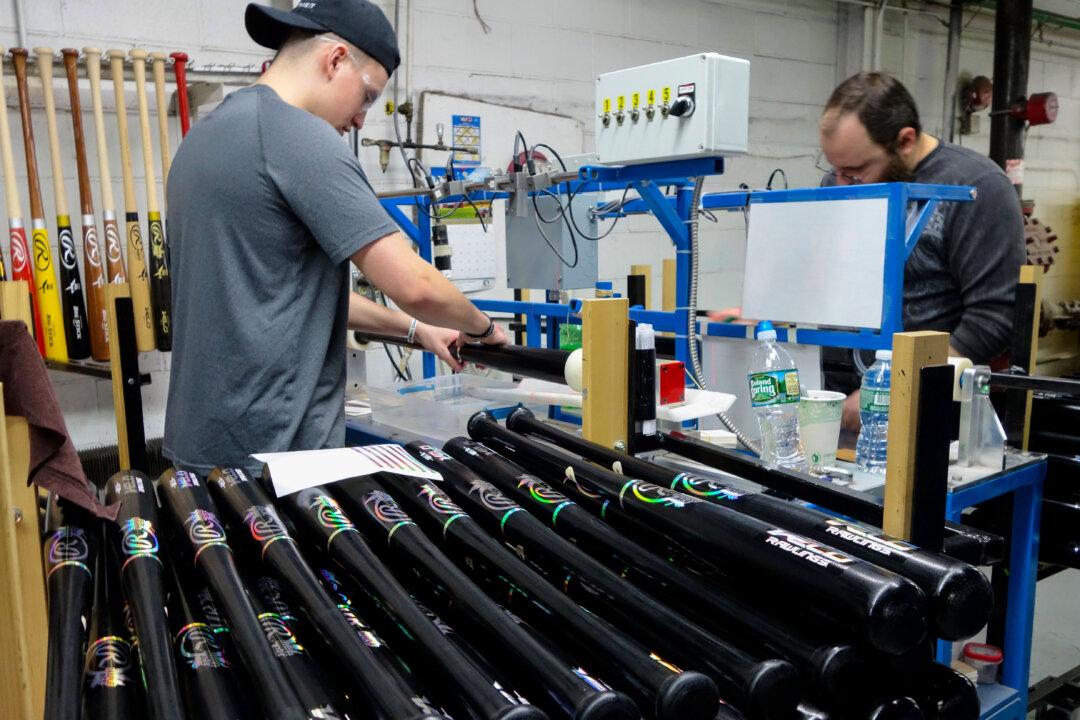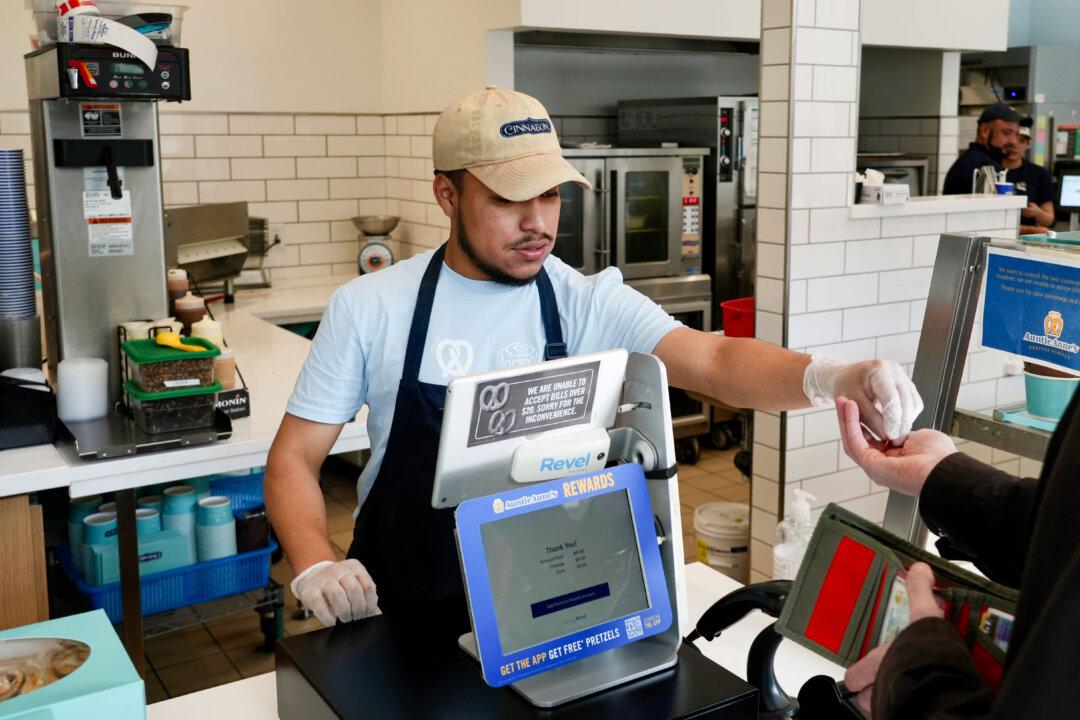A hallmark of businesses trying to attract young and talented workers used to be the installation of ping-pong, foosball, and air hockey tables, with plush employee lounges and a kitchen with around-the-clock food and drink. Some of those companies even hired a full-time chef.
However, as the COVID-era sent many workers home or to remote locations, a number of workplace studies show those workers don’t want games and food—they want more money, less stress, and daycare before they come back to the office.





